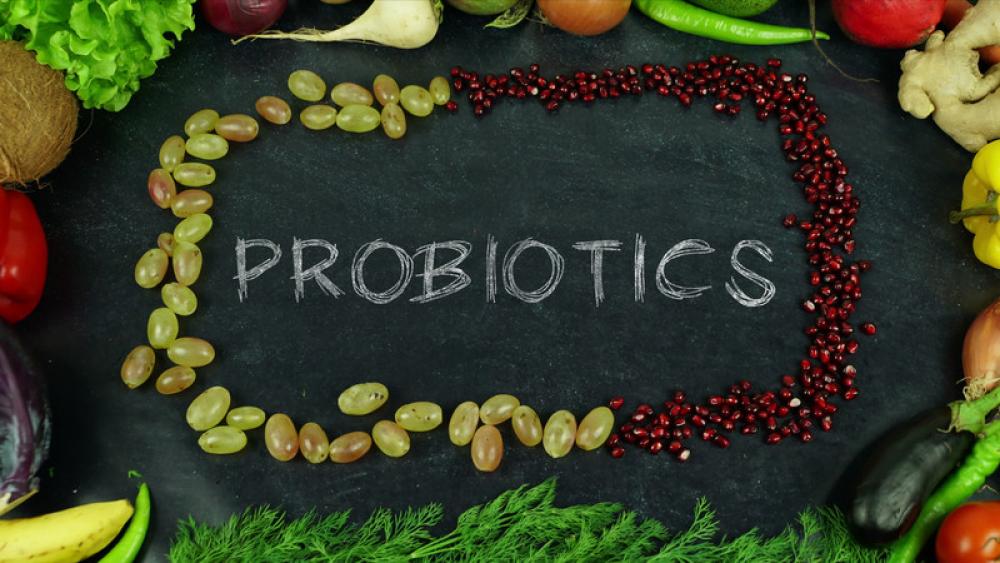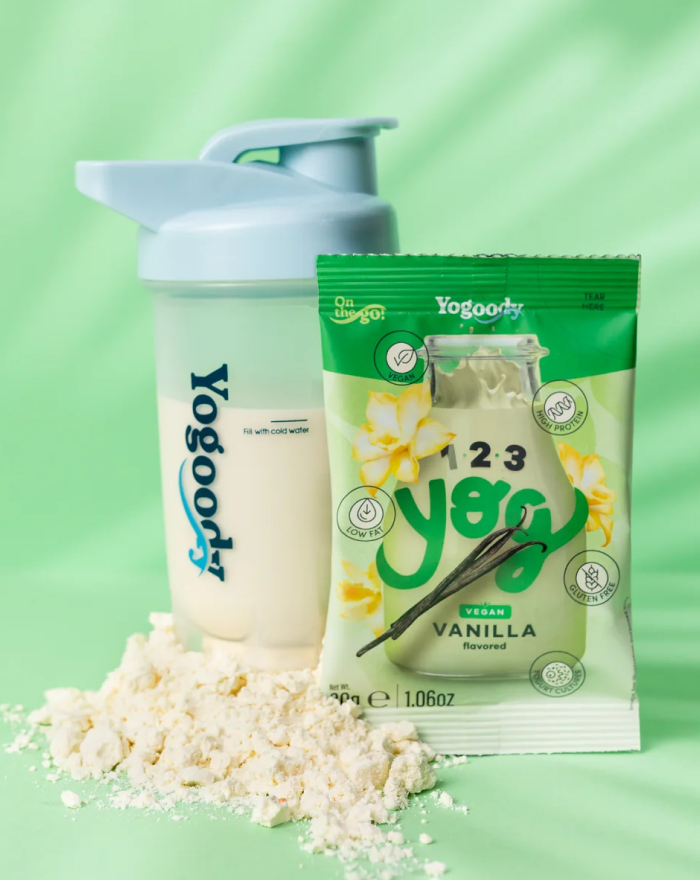

· By Anabela Ferreira
Health benefits of probiotics
It was once thought that microorganisms were all harmful, but the expansion of knowledge as demonstrated that some strains of bacteria are actually very helpful: they help digest fibrous food, crowd out harmful microbial invaders, or produce vitamins.
In this article, we will dive into this subject and understand what probiotics are and what they can do for our health.
What are probiotics?
Probiotics are live microorganisms that, when consumed in adequate amounts, may alter our microbiome, and confer health benefits.
Probiotics can be found in fermented foods, but they can also be found in supplements, frequently associated with prebiotics, which are nondigestible food components that promote the growth of desirable microorganisms. This association of probiotics and prebiotics is collectively known as symbiotics.
Probiotics contain a variety of microorganisms, with some of the most common bacteria belonging to groups such as Lactobacillus and Bifidobacterium; the most common type of yeast found in probiotics is Saccharomyces boulardii. But different types of probiotics may have different effects on the human body, and currently researchers are trying to understand which microorganisms might be better suited for each condition.
Can I get probiotics from food?
Yes, you can increase beneficial microbes in your body from the foods you eat. Foods that contain these beneficial microorganisms include fermented foods like yogurt (with active cultures), kefir, pickled vegetables (kimchi, sauerkraut…), tempeh, kombucha or miso, which can be added in the context of a balanced, healthy diet.
How do probiotics work?
The main task of probiotics is to maintain a healthy balance in your body. Ideally, the human body lives in harmony with its complex gut microbiota, that contains trillions of symbiotic microorganisms. However, this ecosystem is continuously shaped by factors such as dietary habits, seasonality, lifestyle, medications, stress, or infections, that can result in a disruption of this equilibrium (dysbiosis).
Some disorders can be a consequence of this gut microbiota distress, such as inflammatory bowel disease (IBD), obesity and irritable bowel syndrome (IBS). So, changing the microbiota might promote a reduction in disease risk and, in some cases, improve therapeutic status. Diet is one of the key modulators in improving gut composition.
Probiotics may have a variety of effects in the body, which might include:
What are the benefits of probiotics for certain health conditions?
Probiotics have shown potential for some health purposes. Several analyses of studies have concluded that probiotics may help prevent some common side effects of treatment with antibiotics. These medications annihilate the problem-causing microbes but can also affect the communities of beneficial bacteria in the intestine. Adding yogurt or other probiotics (specially the kinds that contain Lactobacillus) during and after the administration of antibiotics seems to decrease the chances of developing opportunistic infections (and consequently diarrhoea).
Adding probiotics, prebiotics, or synbiotics to conventional treatment could also be helpful in inducing or maintaining remission, in patients with ulcerative colitis.
Probiotics also seem to ameliorate IBS, a chronic disease characterized by abdominal pain, bloating, and frequent diarrhea or constipation. In some cases, probiotics help to relieve the symptoms of IBS, but it was not possible to draw definite conclusions about their effectiveness or to identify which species, strains, or combinations of probiotics are most likely to be helpful.
Probiotics were also tested for treating allergic rhinitis, and they may be helpful for improving symptoms and quality of life.
Can probiotics be harmful?
Probiotics have an extensive history of apparently safe use, particularly in healthy people. The risk of harmful effects from probiotics is greater in people with severe illnesses or compromised immune systems.
References:
Blaabjerg S, Artzi DM, Aabenhus R. Probiotics for the prevention of antibiotic-associated diarrhea in outpatients—a systematic review and meta-analysis. Antibiotics. 2017;6(4).pii:E21.
Ford AC, Harris LA, Lacy BE, et al. Systematic review with meta-analysis: the efficacy of prebiotics, probiotics, synbiotics and antibiotics in irritable bowel syndrome. Alimentary Pharmacology & Therapeutics. 2018;48(10):1044-1060.
Goldenberg JZ, Yap C, Lytvyn L, et al. Probiotics for the prevention of Clostridium difficile-associated diarrhea in adults and children. Cochrane Database of Systematic Reviews. 2017;(12):CD006095.
Sanders ME, Merenstein DJ, Reid G, Gibson GR, Rastall RA. Probiotics and prebiotics in intestinal health and disease: from biology to the clinic. Nat Rev Gastroenterol Hepatol. 2019 Oct;16(10):605-616.
Zuccotti G, Meneghin F, Aceti A, et al. Probiotics for prevention of atopic diseases in infants: systematic review and meta-analysis. Allergy. 2015;70(11):1356-13



